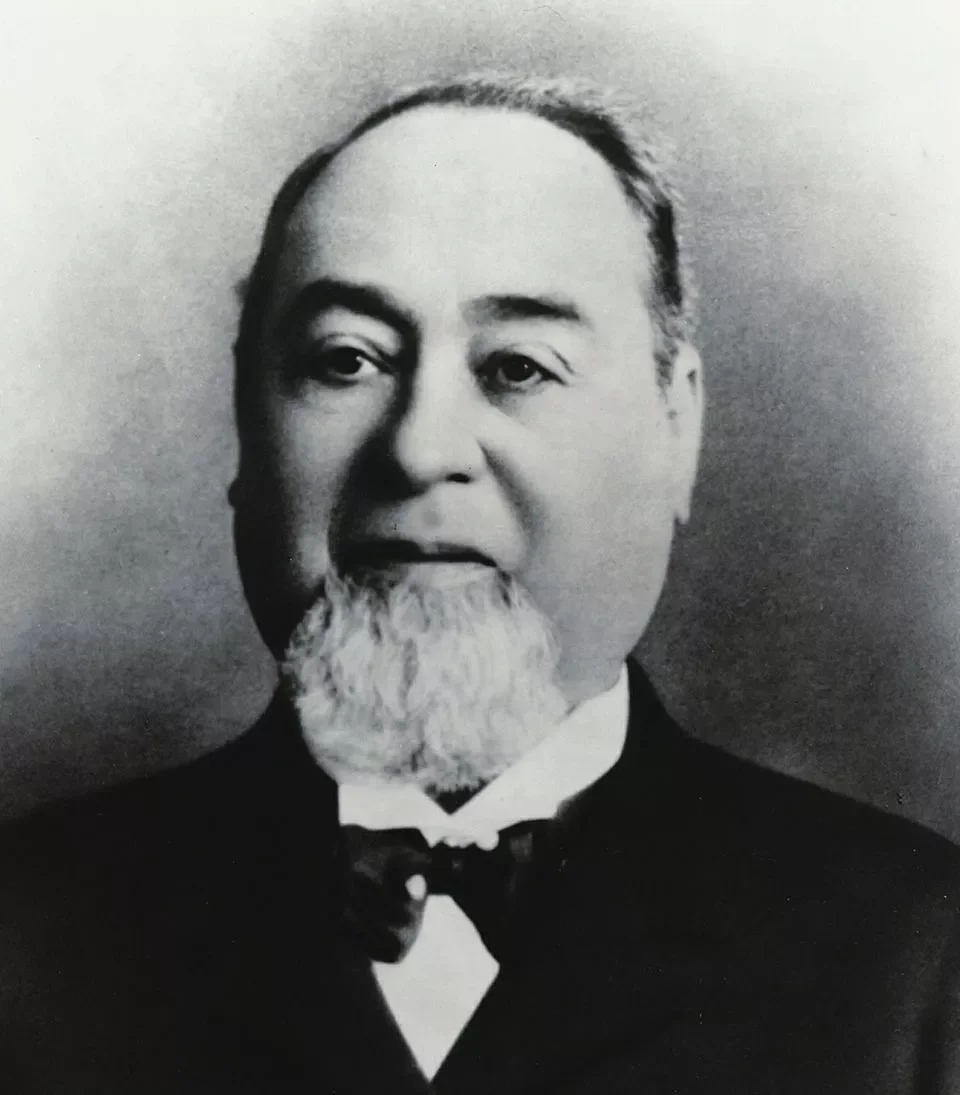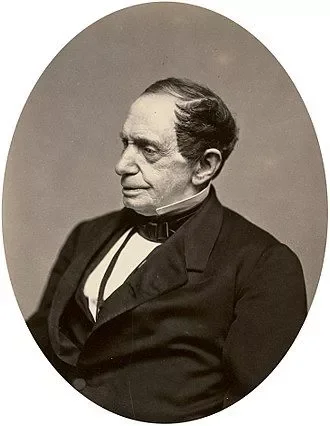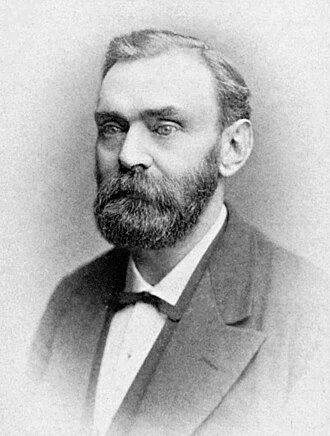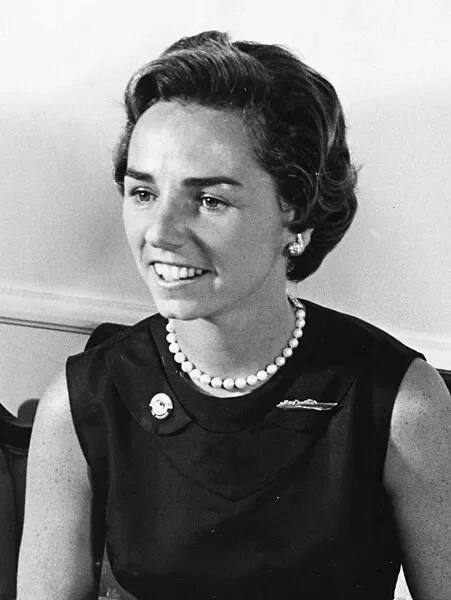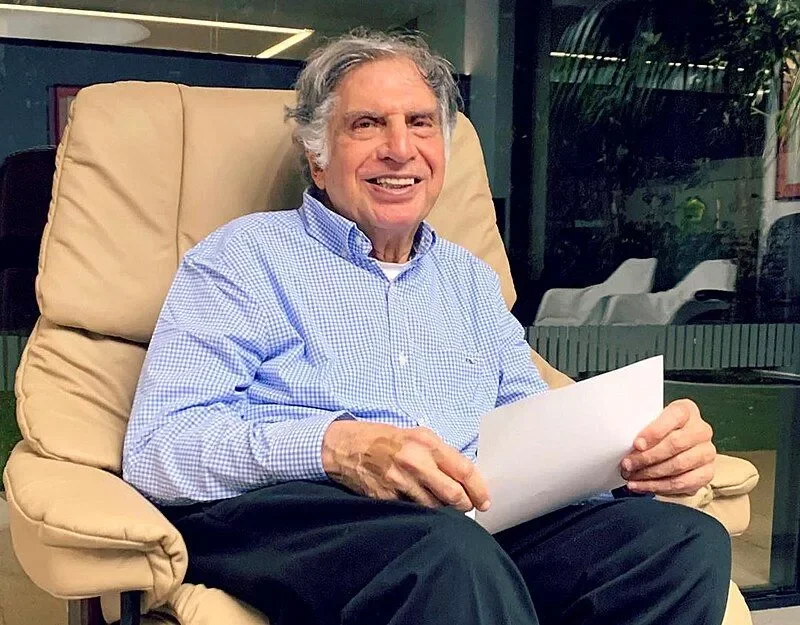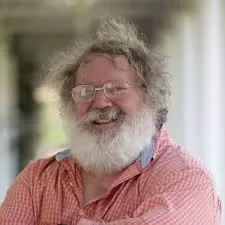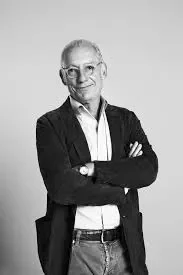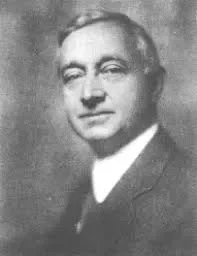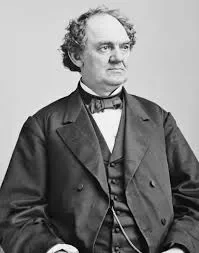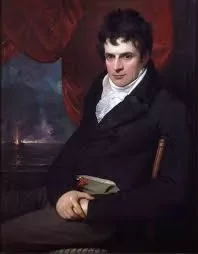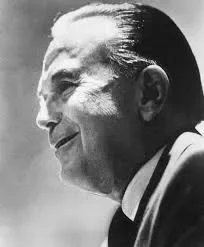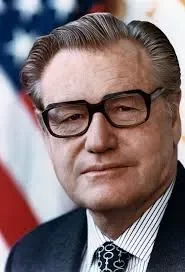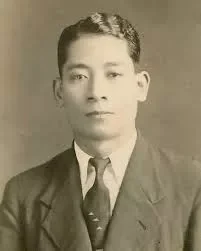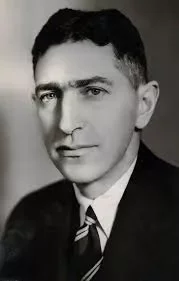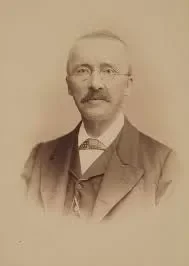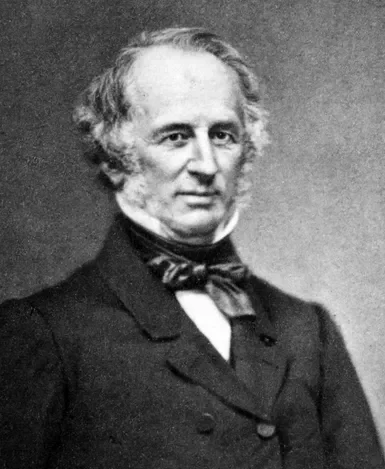Real Celebrities Never Die!
OR
Search For Past Celebrities Whose Birthday You Share
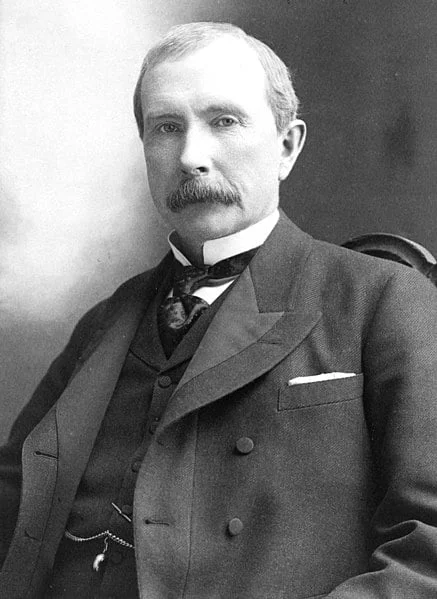
source:wikipedia.org/
John D. Rockefeller
Birthday:
08 Jul, 1839
Date of Death:
23 May, 1937
Cause of death:
Heart attack
Nationality:
American
Famous As:
Businessman
Age at the time of death:
97
John D. Rockefeller's Quote's
Early Life and Education
John D. Rockefeller was an American industrialist and philanthropist who played a significant role in shaping the oil industry and modern philanthropy. John Davison Rockefeller was born on July 8, 1839, in Richford, New York. He grew up in a modest family, and his father, William Avery Rockefeller, was a traveling salesman. At a young age, Rockefeller showed great business acumen and a knack for numbers.
Move to Cleveland and Entry into the Oil Industry
In 1853, at the age of 14, Rockefeller moved to Cleveland, Ohio, with his family. There, he attended high school and began working as a bookkeeper. This experience sparked his interest in business and finance. In 1859, Rockefeller entered the fledgling oil industry by investing in an oil refinery in Cleveland.
Formation of Standard Oil
By 1863, John D. Rockefeller and his partners had formed the oil refining company, Rockefeller, Andrews & Flagler. They focused on improving efficiency and reducing costs, which allowed them to dominate the market. In 1870, they established the Standard Oil Company, which would become one of the largest and most powerful corporations in American history.
Controversial Business Practices
Rockefeller’s business practices were often criticized, and he faced accusations of monopolistic behavior. However, he was a shrewd businessman who used his resources and strategic planning to expand his empire. He acquired numerous refineries, pipelines, and storage facilities, effectively controlling all aspects of the oil industry.
Creation of the Trust System
One of Rockefeller’s most significant achievements was the creation of the trust system. In 1882, he established the Standard Oil Trust, which consolidated the control of multiple companies under a single board of trustees. This allowed Rockefeller to maintain control over his vast empire while avoiding legal challenges to his monopoly.
Philanthropic Contributions
Despite his controversial business practices, John D. Rockefeller was also known for his philanthropy. In 1884, he established the Rockefeller Foundation, one of the first charitable foundations in the United States. Over the years, he donated millions of dollars to various causes, including education, medicine, and scientific research.
Antitrust Challenges and Legacy
In 1890, the U.S. government passed the Sherman Antitrust Act, aimed at curbing monopolistic practices. As a result, the Standard Oil Trust was broken up into several smaller companies in 1911. However, this decision proved to be financially beneficial for Rockefeller, as the value of his stock in these companies skyrocketed.
Later Life and Death
In his later years, Rockefeller devoted more time to philanthropy. He funded the establishment of the University of Chicago and supported medical research through the Rockefeller Institute for Medical Research (now Rockefeller University). His contributions to education and healthcare had a lasting impact, and many institutions bear his name to this day.
Conclusion and Lasting Impact
John D. Rockefeller passed away on May 23, 1937, at the age of 97. At the time of his death, he was one of the wealthiest individuals in history, with an estimated net worth equivalent to over $400 billion in today’s dollars. Rockefeller’s legacy is complex; while he revolutionized the oil industry and amassed immense wealth, his business practices were often ruthless and monopolistic. However, his philanthropy and contributions to society cannot be overlooked, setting a precedent for wealthy individuals to give back to their communities and establishing a tradition of large-scale philanthropy that continues to this day.
Name:
John D. Rockefeller
Popular Name:
John D. Rockefeller
Gender:
Male
Cause of Death:
Heart attack
Spouse:
Place of Birth:
Richford, New York, U.S.
Place of Death:
Ormond Beach, Florida, U.S
Occupation / Profession:
Despite being the richest person in modern history (with a peak net worth of about $418 billion in today's dollars), Rockefeller was known for his frugality and once haggled over a box of matches.
He lived to the age of 97, outliving many of his critics, and attributed his longevity to a combination of diet, exercise, and what he called "good humor."
Rockefeller's first job was as an assistant bookkeeper at age 16, earning 50 cents a day, and he celebrated September 26th, the day he got this job, as "Job Day" for the rest of his life.
Rockefeller suffered from alopecia, which caused him to lose all his hair, including his eyebrows, and he wore wigs for most of his adult life.
Central Philippine University
Founding and leading the Standard Oil Company
Founding the University of Chicago
General Education Board
Rockefeller Foundation
Rockefeller University


